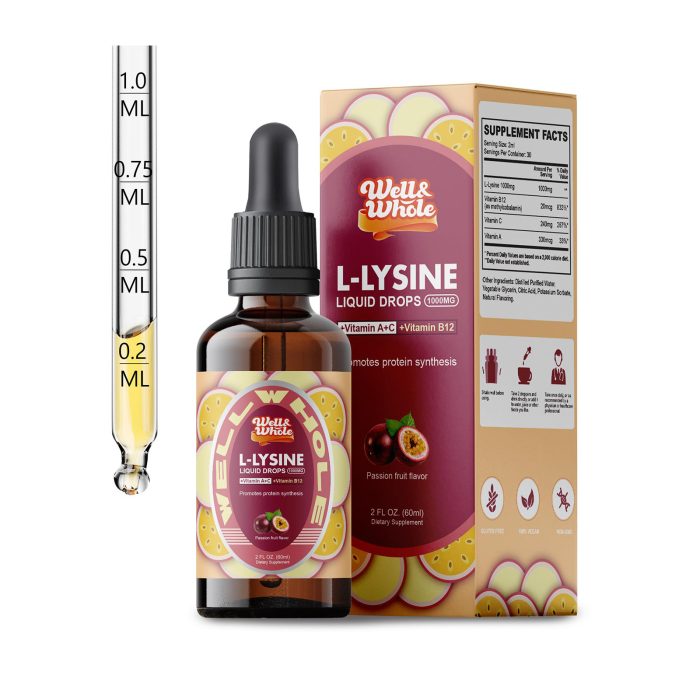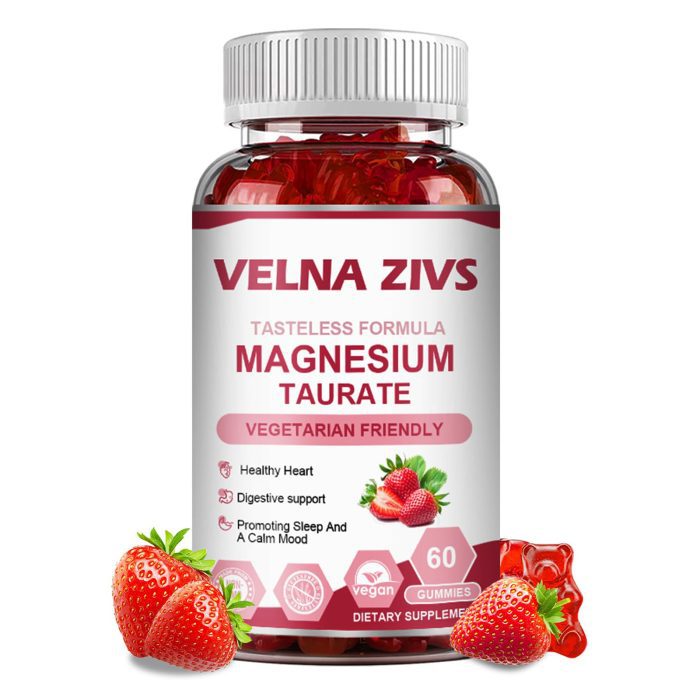The Optimal Dosage of L-Lysine: Understanding Its Benefits and Proper Consumption
L-Lysine, an essential amino acid, plays a crucial role in various bodily functions. From supporting muscle growth to enhancing immune function, the benefits of L-Lysine are numerous. But how much L-Lysine is the right amount for optimal health? In this article, we’ll delve into the recommended dosages, benefits, and potential side effects to help you determine the right amount for your needs.
Understanding L-Lysine
L-Lysine is an essential amino acid, meaning that our bodies cannot produce it on their own. We must obtain it through our diet or supplements. It is vital for the production of proteins, enzymes, and hormones, and it supports various bodily functions, including:
- Muscle Growth: L-Lysine is crucial for the synthesis of proteins, which are the building blocks of muscle tissue.
- Immune Function: It helps in the production of antibodies, which are essential for fighting off infections.
- Bone Health: L-Lysine is necessary for the absorption of calcium, a key mineral for bone health.
Recommended Dosages
The recommended dosage of L-Lysine varies depending on age, gender, and overall health. Here’s a general guideline:
- Children and Adolescents: 1,000-1,500 mg per day.
- Adult Men: 1,200-1,900 mg per day.
- Adult Women: 1,100-1,600 mg per day.
- Pregnant and Breastfeeding Women: 1,200-1,800 mg per day.
It’s important to note that these are general recommendations, and individual requirements may vary. Consult with a healthcare professional for personalized advice.
The Benefits of L-Lysine
**1. Skin Health: L-Lysine is known to support the production of collagen, a protein essential for skin elasticity and strength. Collagen synthesis is vital for wound healing and reducing the appearance of scars.
**2. Cold Sores: L-Lysine has been shown to reduce the frequency and severity of cold sore outbreaks. It inhibits the replication of the herpes simplex virus, which causes cold sores.
**3. Bone Health: By aiding in the absorption of calcium, L-Lysine supports bone density and can help prevent osteoporosis.
**4. Muscle Recovery: Athletes and bodybuilders often use L-Lysine supplements to speed up muscle recovery after intense workouts.
Potential Side Effects
While L-Lysine is generally safe when taken in recommended doses, excessive consumption can lead to side effects. These may include:
- Stomach Pain
- Diarrhea
- Nausea
- Headaches
It’s crucial to adhere to the recommended dosage and consult a healthcare professional before starting any new supplement regimen.
Incorporating L-Lysine into Your Diet
L-Lysine can be obtained through a variety of food sources, including:
- Meat: Chicken, beef, pork, and fish are rich in L-Lysine.
- Dairy: Milk, cheese, and yogurt are excellent sources.
- Legumes: Beans, lentils, and chickpeas contain significant amounts of L-Lysine.
- Nuts and Seeds: Almonds, walnuts, and sunflower seeds are good choices.
By incorporating these foods into your diet, you can ensure a sufficient intake of L-Lysine.
Conclusion
Understanding the optimal dosage of L-Lysine is essential for reaping its health benefits. Whether you’re looking to improve skin health, manage cold sores, or support muscle recovery, the right amount of L-Lysine can make a significant difference. Always consult with a healthcare professional to determine the best dosage for your specific needs and ensure a balanced approach to supplementation.









